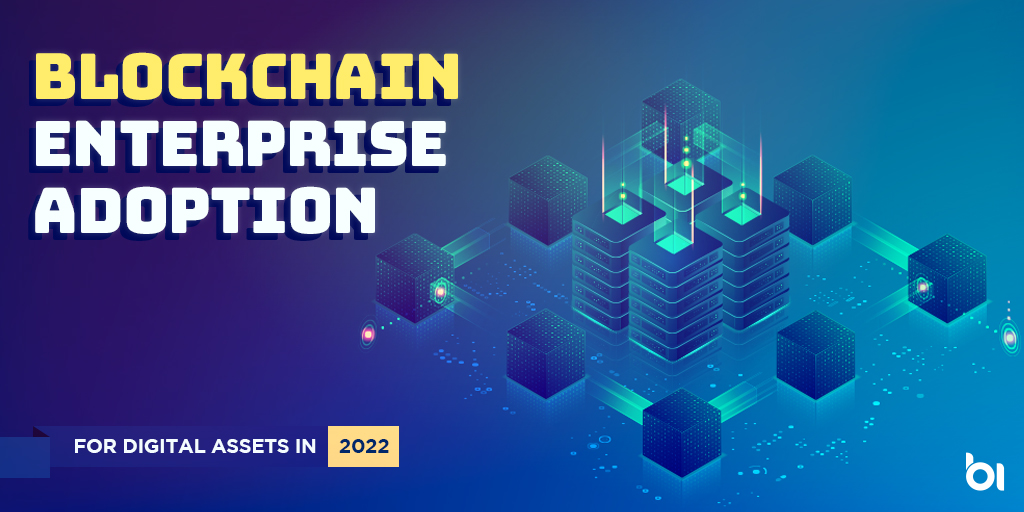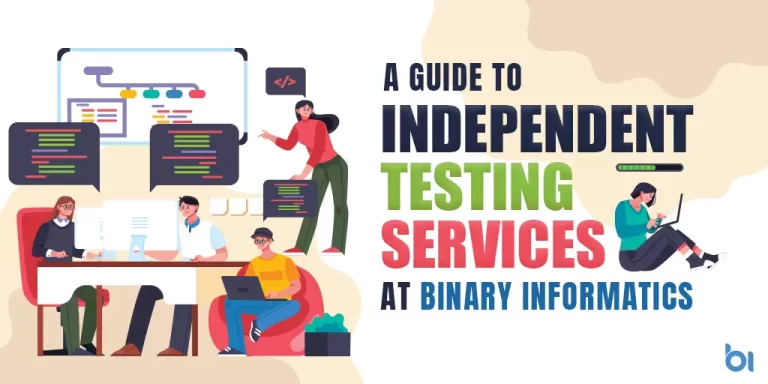Blockchain offers a whole new approach to the way we deal with security, economy, and governance. With the high adoption of blockchain, we’ll see a better system of governance and accountability.
Many organizations are still debating how to use it, and if it can make a real difference to their business. While organizations all over the world have started developing blockchain-based apps and platforms, in reality, adoption is just about to begin.
This is because blockchain adoption is not driven by new technology. Rather, it is largely driven by the technology’s potential to solve problems that require a solution. And as organizations look to the future, they also need to consider the problems they are likely to encounter.
What are the biggest blockchain issues organizations need to be concerned about now? Here are the top three trends affecting blockchain adoption over the next two years:
Table of Contents
Toggle1. Security is the most widely recognized blockchain issue
The adoption of blockchain technology will inevitably start with a need for improved security infrastructure.
“Security is the most widely recognized issue in blockchain adoption,” said Marc Frater, a blockchain strategy advisor at global advisory firm DNV GL. “Security is the number one priority for most organizations that are using blockchain today. They are using it for the digital ledger, but they don’t have a complete picture of who is accessing it.”
Organizations that are serious about blockchain are likely to invest heavily in identity and access management (IAM). This means building out robust and decentralized identification and authentication models.
One example of this is the blockchain-based ID system currently being developed by the non-profit Digital Democracy. It aims to put individual digital identity and governance in the hands of the individual and the community — without the need for a central authority.
It is expected that by 2022, a decentralized global ID system with an integrated blockchain infrastructure will be capable of securely verifying individual digital identities, as well as providing secure access to secure network services.
Read Also: The Basics of NFT Marketplace Development
2. Privacy is becoming a concern
As organizations start to adopt blockchain, privacy will continue to be one of the top issues they’re facing.
“Organizations are starting to realize the need for privacy, but they are using blockchain with no privacy in mind,” said Dr. Peter Ruzicka, the blockchain industry leader at DNV GL. “There is a lack of understanding on the practical implications of using blockchain with minimal privacy.”
Organizations that are serious about blockchain need to do more than just adopt it. They also need to assess and address the implications of privacy in the blockchain. “We are starting to see some companies, especially in banking and finance, start to understand the true value of private blockchain,” Frater said.
3. Blockchain will remain a “disruptive” technology
According to one major survey, nearly half of the technology organizations that have invested in blockchain (44 percent) expect that blockchain will remain a disruptive technology into 2025.
Even though blockchain is maturing, it is still considered a technology that is far from mature. As a disruptive technology, blockchain is likely to change the way we run and govern our world, particularly the way business is done and how we interact with each other.
Read Also: Blockchain Technology Benefits: Explained!
Why Are Blockchain Adoption Challenges Persist?
While all eyes are now on blockchain adoption in 2019 and beyond, the reality is that blockchain in its current state is largely seen as a “nice-to-have” technology. Many organizations are still debating how to use it, and if it can make a real difference to their business. While organizations all over the world have started developing blockchain-based apps and platforms, in reality, adoption is just about to begin.
This is because blockchain adoption is not driven by new technology. Rather, it is largely driven by the technology’s potential to solve problems that need a solution. And as organizations look to the future, they also need to consider the problems they are likely to encounter.
Wrap Up
As the blockchain industry continues to grow, a more mature, secure, and widely adopted technology, organizations will eventually start blockchain adopting it for everyday applications.
As we approach 2022, it is important to not forget that technology has yet to mature. Blockchain adoption, just like any technology adoption, should be planned ahead of time. By having a plan for how it can benefit your business, you can more likely avoid the potential pitfalls of a technology that is still being developed.
How can Binary Informatics can help you with Blockchain Development Services?
Blockchain Technology is a progressive innovation which has made digital transactions secure, dependable and vigorous. It is a colossal computerized record which can suit records of a great many exchanges.
The transactions are confirmed and recorded in an open record and guarantees top of the line security. This is a mega advanced record with plentiful of degrees and openings in the computerized world.
Particularly for entrepreneurs, this innovation brings a tweaked advanced transactions framework for making smooth transactions.
As a conspicuous player in the field of Blockchain App Development Services, we plan to explore your business needs and deliver customized services while utilizing our energetic experience.




